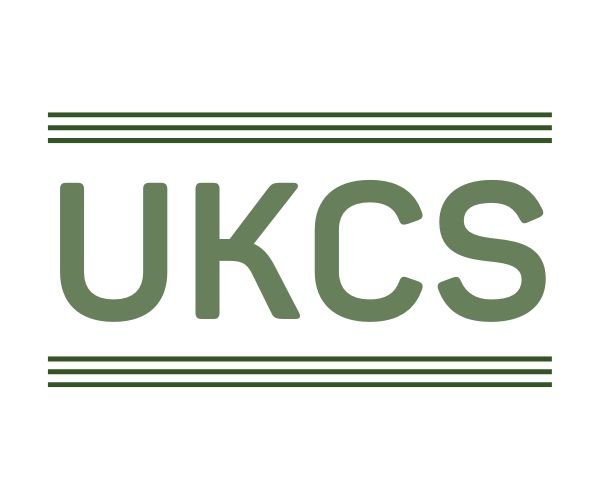Is health reporting suffering an overdose of unproven claims?
A recent survey and a lively conference both suggest there are journalists who feel that the "evidence" in evidence-based health care reporting might not always be quite as evidential as it should be.In How far should we trust health reporting? Ben Goldacre - famous for his focus on bad science - recently reported in the Guardian some interesting research he has been instrumental in conducting. His team investigated the reliability of "a representative, unbiased sample of news stories" which they "went through...to pull out every story with any kind of health claim about any kind of food or drink which could be interpreted by a reader as health advice." Then they looked into and evaluated the claims being trumpeted via the UK national media.The results?"111 health claims were made in UK newspapers over one week. The vast majority of these claims were only supported by evidence categorised as "insufficient" (62% under the WCRF system). After that, 10% were "possible", 12% were "probable", and in only 15% was the evidence "convincing". Fewer low quality claims ("insufficient" or "possible") were made in broadsheet newspapers, but there wasn't much in it."(The "WCRF system" mentioned in the above quote stands for an Information Standard set up by the World Cancer Research Fund "to help the public identify trustworthy health and social care information easily".)On the heels of reading that report, I attended an invigorating conference last week in Coventry, UK, for European Health Journalists. I was intrigued to hear journalists deeply committed to evidence-based health care journalism highlighting shortfalls they were seeing of a lack of evidence in stories they read when they scan the horizon of today's reporting. Special guests from the US-based Association of Health Care Journalists (that has members around the world) joined their European counterparts for the conference, including Charles Ornstein (senior reporter, ProPublica and president of the Association of Health Care Journalists), Ivan Oransky (Executive Editor, Reuters Health), Trudy Lieberman (contributing editor, Columbia Journalism Review) and Gary Schwitzer, the publisher of HealthNewsReview.org. The latter has the strap-line " holding health and medical journalism accountable".And it does. The Health News Review criteria for what right reporting should include are listed below, and in their reviews press stories or TV/radio broadcasts are allocated from zero to five stars depending on how well these criteria are met. If you have time to read about them in more depth you can click on each of the individual links:
Special guests from the US-based Association of Health Care Journalists (that has members around the world) joined their European counterparts for the conference, including Charles Ornstein (senior reporter, ProPublica and president of the Association of Health Care Journalists), Ivan Oransky (Executive Editor, Reuters Health), Trudy Lieberman (contributing editor, Columbia Journalism Review) and Gary Schwitzer, the publisher of HealthNewsReview.org. The latter has the strap-line " holding health and medical journalism accountable".And it does. The Health News Review criteria for what right reporting should include are listed below, and in their reviews press stories or TV/radio broadcasts are allocated from zero to five stars depending on how well these criteria are met. If you have time to read about them in more depth you can click on each of the individual links:
- What's the total cost?
- How often do benefits occur?
- How often do harms occur?
- How strong is the evidence?
- Is this condition exaggerated?
- Are there alternative options?
- Is this really a new approach?
- Is it available to me?
- Who's promoting this?
- Do they have a conflict of interest?
These journalists - and their European counterparts speaking at the conference, like former Guardian Health Editor/Observer health correspondent John Illman - are not individuals opposed to health reporting, but passionate supporters of it who want to see it more consistently live up to the highest standards of journalistic excellence. If you want to learn a bit more about the contents of the conference, the program of events is here, written reports are expected to follow later in the year, "Presentations from [the] conference will be posted at http://www.europeanhealthjournalism.com and I have storified some Twittered highlights of what stood out for me.Taking evidence-light (or evidence-lacking!) doses of health care claims with a pinch of salt might be a step in the direction of calming our overall individual and collective fears. When "bad science" is presented as "good science" common sense is often the innocent bystander that falls to irrational fears which do no-one any good.Indeed, my own spiritual practice over the past 30 years has convinced me that fear can be a key element in causing and prolonging disease and I have often found that its removal has been a key element in recovery.To which the reporters at the conference would likely say, "Prove it! Show us the evidence!"To which I reply, "That's a legitimate demand...but a whole other discussion for a whole other blog. Stay tuned!"In this blog I just want to just say how grateful I was to attend this conference and to see that health care journalism includes devoted advocates of accuracy and integrity who have a passionate commitment to bringing about a course correction in their own trade, where it seems to be needed.
